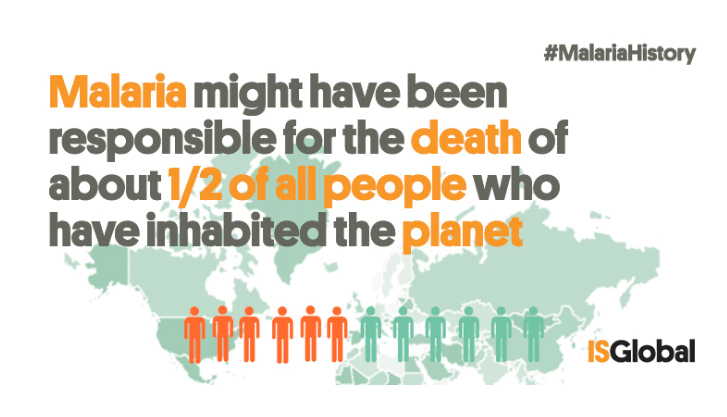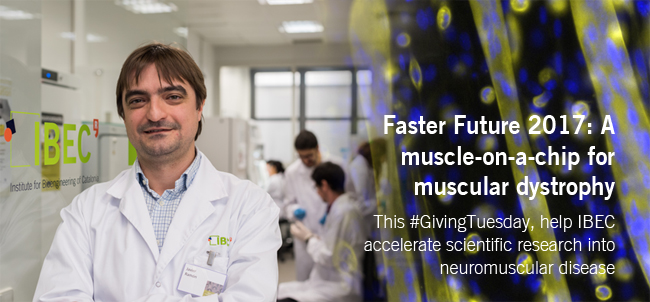IBEC Seminar: Jonel Trebicka
Liver fibrosis and Portal hypertension
Liver fibrosis and Portal hypertension
The most recent international developments in the fields of Nanobiotechnology and Nanomedicine
The most recent international developments in the fields of Nanobiotechnology and Nanomedicine
 Nanomalaria joint unit group leader Xavier Fernàndez-Busquets is the author of a serialised post on Health ISGlobal, the blog of the Barcelona Institute for Global Health.
Nanomalaria joint unit group leader Xavier Fernàndez-Busquets is the author of a serialised post on Health ISGlobal, the blog of the Barcelona Institute for Global Health.PhD Discussion sessions are open to all staff and researchers at all career stages, and are intended to help PhD students gain feedback from colleagues by presenting their research results and discussing them with each other, as well as with more experienced researchers.
PhD Discussion sessions are open to all staff and researchers at all career stages, and are intended to help PhD students gain feedback from colleagues by presenting their research results and discussing them with each other, as well as with more experienced researchers.
 Next week IBEC will launch Faster Future, a new crowdfunding initiative that aims to help accelerate research projects that are close to tackling major challenges in health.
Next week IBEC will launch Faster Future, a new crowdfunding initiative that aims to help accelerate research projects that are close to tackling major challenges in health.This year, Faster Future will be raising money for a new solution for muscular dystrophy being developed in Javier Ramon’s Biosensors for Bioengineering group. Their ‘muscle-on-a-chip’ will use a patient’s own cells to study myotonic dystrophy type 1, a progressive disability that begins in adulthood and affects 50,000 people in Spain alone.
As well as modelling the patient’s disease in a personalized way, the platform will also allow the study of different drugs or treatments in conditions that mimic the body as closely as possible, as well as offering a more reliable alternative to animal models.
This #GivingTuesday, help accelerate scientific research into muscular dystrophy
This #GivingTuesday, help accelerate scientific research into muscular dystrophy
Este #GivingTuesday ayúdanos a acelerar una investigación científica sobre enfermedad neuromuscular